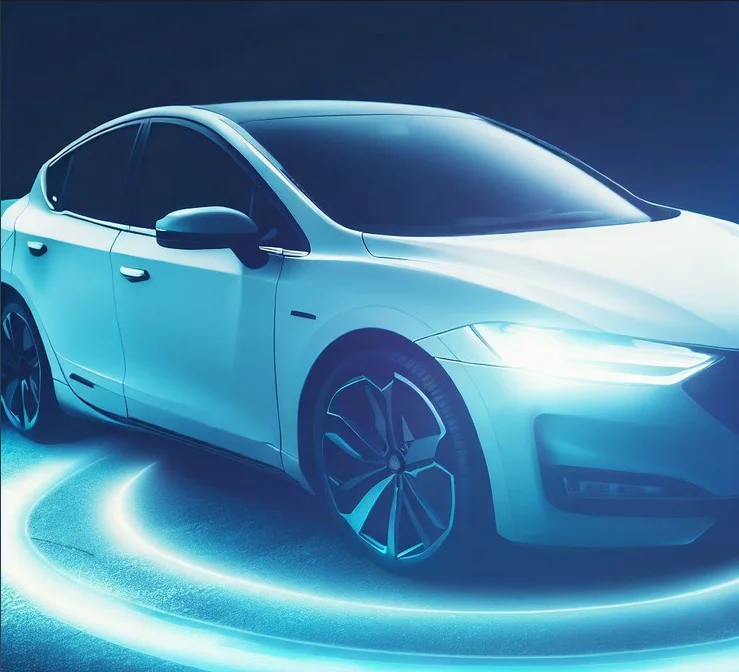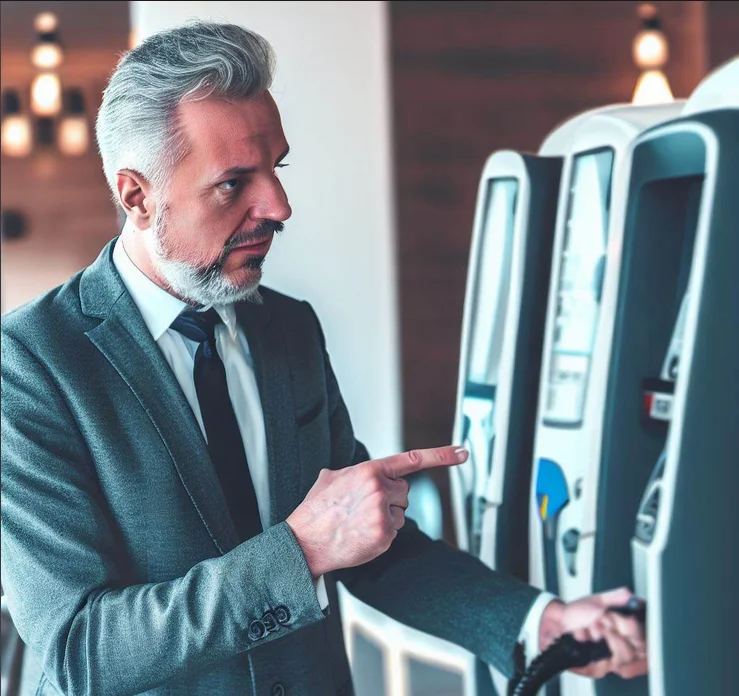Electric vehicles (EVs) are growing in popularity as more consumers seek sustainable and cost-effective transportation options. Major automakers like Tesla, Nissan, and Chevrolet have made EVs more accessible and improved EV battery ranges, contributing to rising adoption rates. According to Cox Automotive, EV registrations in the US were up 81% in 2021 compared to 2020.
As EV ownership increases, there is a corresponding need for widely available public EV charging infrastructure. Hotels that install EV charging stations can attract eco-conscious guests who drive EVs and need to recharge their vehicles during trips. While investing in charging stations may seem daunting initially, the long-term benefits make hotel EV chargers an important investment in hospitality’s sustainable future.
The Benefits of Connected Hotel EV Charging Stations
Connected EV charging stations offer crucial advantages over standalone, non-networked chargers. Connectivity allows monitoring, control, and maintenance from a central dashboard, optimizing the charging experience for hotel guests and staff. Here are some key benefits of installing connected EV charging stations at hotels:
 Remote Monitoring and Management: With a connected charging station network, hotel staff can monitor real-time data on station usage and availability via a central dashboard. This allows them to easily identify any potential issues and maintain optimal uptime.
Remote Monitoring and Management: With a connected charging station network, hotel staff can monitor real-time data on station usage and availability via a central dashboard. This allows them to easily identify any potential issues and maintain optimal uptime.- Enhanced Billing and Payment: Connected EV chargers allow seamless payment processing via RFID cards, credit cards, or mobile apps. Hotels can bill charging fees directly to guests’ room charges for simplified payment.
- Load Balancing: By managing charging loads centrally, hotels can avoid overloading circuits and minimize energy costs. Smart load balancing maximizes the number of vehicles charged.
- Dynamic Pricing: Central control systems allow hotels to set dynamic pricing for charging based on energy costs, demand charges, or other factors. Smart pricing encourages charging during off-peak hours.
- Remote Troubleshooting: Connectivity enables remote monitoring and diagnostics, allowing many charger issues to be fixed remotely via software updates. This minimizes downtime and costly on-site visits.
- Driver Services: Connected chargers allow integration with apps and navigation services to inform drivers of station availability and pricing in real time. This improves the charging experience.
- Future-Proofing: Connected chargers can be updated remotely as technology changes. This avoids the need to replace hardware down the road as EV charging evolves.
Key Factors in Selecting Hotel EV Charging Solutions
 When choosing an EV charging solution for their property, hotels must consider a range of factors:
When choosing an EV charging solution for their property, hotels must consider a range of factors:
- Charging Speed: Faster DC fast charging can provide an 80% charge in under an hour, while Level 2 chargers require several hours. Hotels should evaluate guest needs.
- Number of Charging Stations: More chargers reduce wait times and serve more guests. But hardware and installation costs must be balanced.
- Charging Management Software: Cloud-based software centralizes monitoring, access control, pricing, etc. Software costs should be weighed accordingly.
- Load Management: Advanced systems can automatically balance loads and avoid circuit overloads. Ideal for larger deployments.
- Charging Cable Management: Retractable cables or cable management systems improve safety and accessibility. Important for high-traffic public charging locations.
- Payment Processing: Choosing systems that integrate payment processing via apps or RFID cards provides maximum convenience.
- Driver Services Integration: Integration with networks like ChargePoint allows drivers to easily locate and use stations. Critical for guest satisfaction.
By selecting solutions that balance capabilities, costs, and ease of use, hotels can build a charging infrastructure that satisfies rising EV demand and sets their property apart.
Strategic Considerations for Hotel EV Charging Stations
The placement and layout design of EV charging stations can impact their utilization and effectiveness. Here are some strategic insights on integrating charging infrastructure into the hotel environment:
- Visible Locations: Placing chargers in high-visibility areas like front entrances or lobbies promotes awareness and convenience for guests.
- Close to Amenities: Locating chargers near lobby lounges or restaurants allows guests to occupy themselves while charging.
Inform Guests: Provide clear signage and information on charging options and pricing to set expectations. List charger locations on the hotel website/app. - Accessible Design: Ensure chargers have adequate clearance for mobility devices and pedestrians. Avoid crossing traffic lanes.
Lighting: Well-lit stations improve guest comfort and safety when charging at night. - Sheltered Spaces: Providing shade with awnings or parking in garages protects vehicles from sun/rain while charging.
- Multiple Inputs: Install stations with both Type 1 and Type 2 connectors to accommodate all EV models. Provide at least one fast charging option.
- Future Expansion: Plan infrastructure to support additional chargers as demand grows. Opt for scalable charging management software.
By making conscientious siting and installation choices, hotels can deliver convenient, accessible charging experiences tailored to EV drivers’ needs.
The Bottom Line
In an increasingly sustainability-focused travel market, hotels that proactively install EV charging infrastructure stand to gain a competitive edge while also contributing to broader transportation electrification goals. By leveraging smart, connected charging systems, hotels can provide seamless charging options for e-mobility guests and staff. As rising adoption trends indicate, the secret to long-term hospitality success is embracing electric vehicle charging solutions today.
